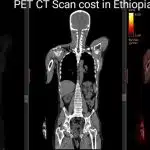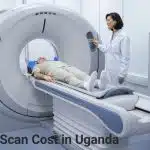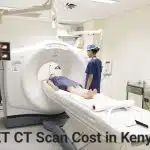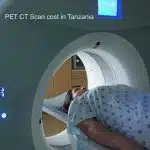
What is an MRI Scan?
An MRI scan, or Magnetic Resonance Imaging, is a medical imaging technique that uses a strong magnetic field and radio waves to generate detailed images of the internal structures of the body. It provides a comprehensive view of soft tissues, organs, and bones, making it valuable for diagnosing various medical conditions, including neurological disorders, joint injuries, and abnormalities in organs like the brain, spine, and muscles. Unlike X-rays or CT scans, MRI does not use ionizing radiation.
Average MRI Scan cost in different reigons of Ethiopia-
In the diverse regions of Ethiopia, access to medical services is a critical aspect of healthcare. Understanding the potential costs associated with essential diagnostic procedures, such as MRI scans, is key for individuals seeking healthcare services. Below is a cost table, offering a glimpse into the average expenses one might encounter for MRI scans in different regions of Ethiopia. These figures aim to provide a broad understanding of the potential financial considerations.
| Cost of MRI Scan in different reigons of Ethiopia | Average Cost of MRI Scan in US Dollars | Estimated Cost in Ethiopian Birr (ETB) |
| Addis Ababa | $300 – $400 | 13,200 ETB – 17,600 ETB |
| Oromia | $250 – $350 | 11,000 ETB – 15,400 ETB |
| Amhara | $280 – $380 | 12,320 ETB – 16,720 ETB |
| Tigray | $230 – $330 | 10,120 ETB – 14,520 ETB |
| Somali | $260 – $360 | 11,440 ETB – 15,840 ETB |











